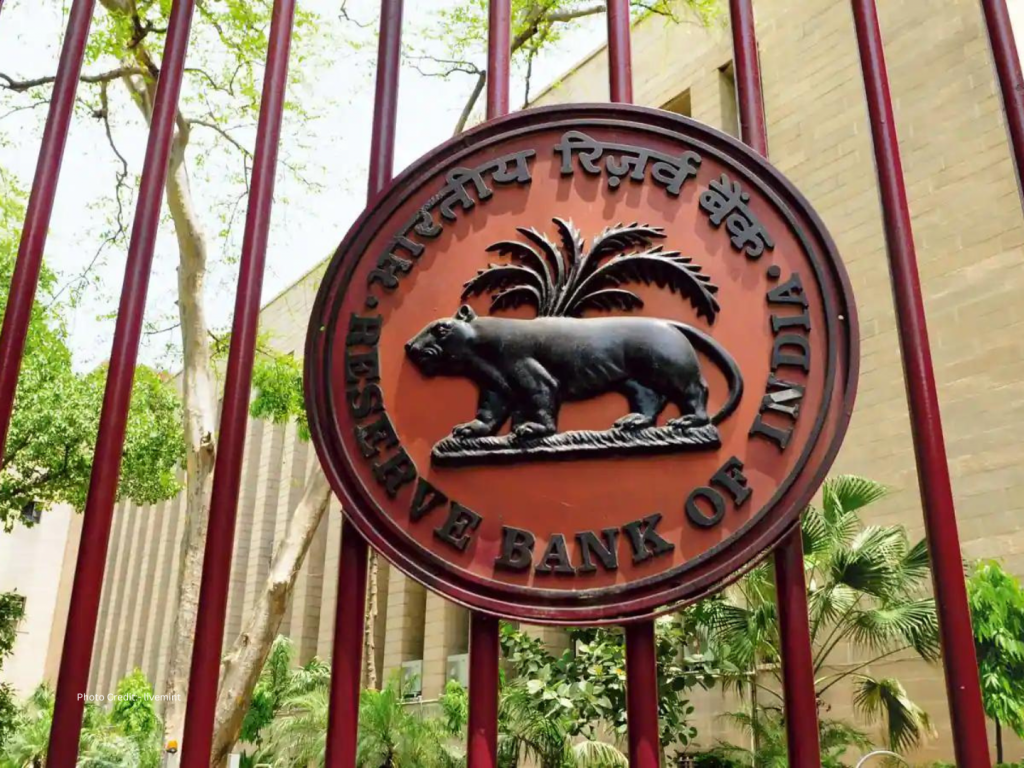Search
Central bank digital currency could end RBI-ESMA row
November 10, 2022

European lenders such as HSBC, Deutsche, Standard Chartered, Barclays and make up anything between 15% and 25% of the trades in the so-called negotiated dealing system order matching segment (NDS-OM) run by the Clearing Corporation of India Ltd (CCIL), which is one of the central counterparties for settlement of trades.
“The RBI does not want any foreign agencies inspecting entities regulated by it, which is a fair point. But in the current situation where it has been implemented the world over, it is difficult to make an exception here,” said a senior banking executive. “India needs these institutions here more and not complying with these norms will mean an unsustainable capital charge on banks, which could force them to pull out of the country.”
Currently, banks have to set aside about 2.5% in capital which means about 2.5 crore for every 100 crore of trades. If the Indian central counterparties fail to comply with ESMA regulations this could go up by about 50 times, making business unsustainable.
The main advantage of a central counterparty like CCIL is that it allows multilateral netting of deals. Meaning, a bank can settle multiple deals with different participants through the system ensuring payments and receivables are netted off.
Important Links:
- 4-IN-1 Professional Diploma in Banking, Financial Services & Insurance (PDBFSI): https://ask.careers/courses/4-in-1-professional-diploma-in-banking-financial-services-insurance-pdbfsi/
- Mumbai: https://ask.careers/cities/mumbai/
- TSCFM: https://ask.careers/institutes/tscfm/



